The ship's recorder entered in his journal on Thursday, October 11
advertisement
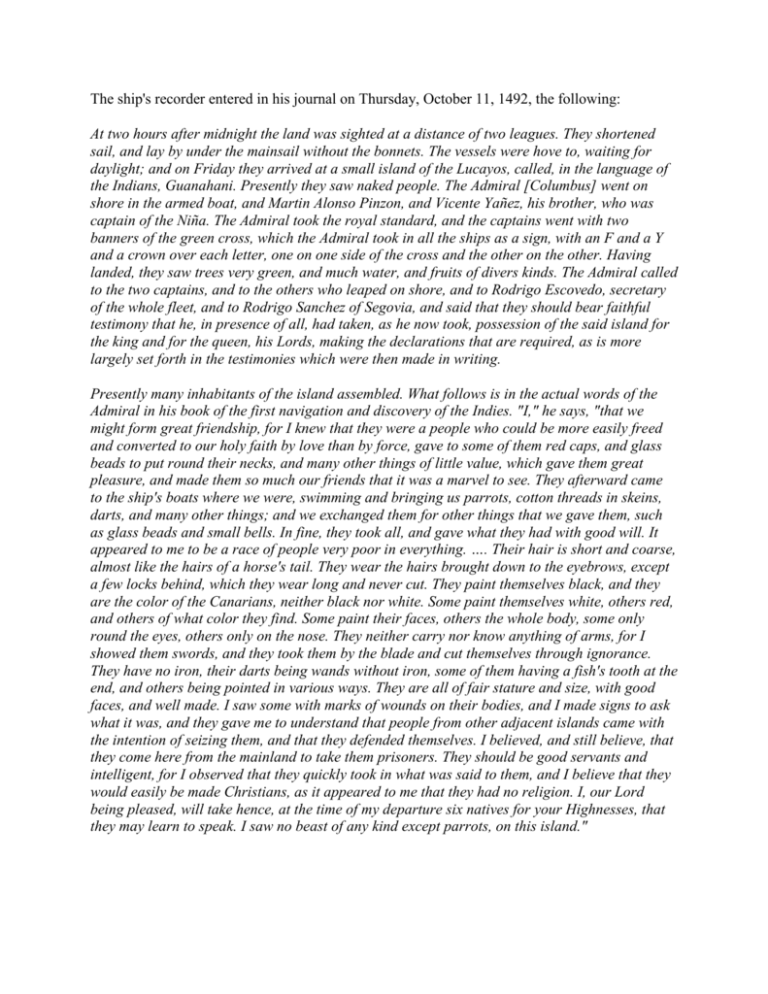
The ship's recorder entered in his journal on Thursday, October 11, 1492, the following: At two hours after midnight the land was sighted at a distance of two leagues. They shortened sail, and lay by under the mainsail without the bonnets. The vessels were hove to, waiting for daylight; and on Friday they arrived at a small island of the Lucayos, called, in the language of the Indians, Guanahani. Presently they saw naked people. The Admiral [Columbus] went on shore in the armed boat, and Martin Alonso Pinzon, and Vicente Yañez, his brother, who was captain of the Niña. The Admiral took the royal standard, and the captains went with two banners of the green cross, which the Admiral took in all the ships as a sign, with an F and a Y and a crown over each letter, one on one side of the cross and the other on the other. Having landed, they saw trees very green, and much water, and fruits of divers kinds. The Admiral called to the two captains, and to the others who leaped on shore, and to Rodrigo Escovedo, secretary of the whole fleet, and to Rodrigo Sanchez of Segovia, and said that they should bear faithful testimony that he, in presence of all, had taken, as he now took, possession of the said island for the king and for the queen, his Lords, making the declarations that are required, as is more largely set forth in the testimonies which were then made in writing. Presently many inhabitants of the island assembled. What follows is in the actual words of the Admiral in his book of the first navigation and discovery of the Indies. "I," he says, "that we might form great friendship, for I knew that they were a people who could be more easily freed and converted to our holy faith by love than by force, gave to some of them red caps, and glass beads to put round their necks, and many other things of little value, which gave them great pleasure, and made them so much our friends that it was a marvel to see. They afterward came to the ship's boats where we were, swimming and bringing us parrots, cotton threads in skeins, darts, and many other things; and we exchanged them for other things that we gave them, such as glass beads and small bells. In fine, they took all, and gave what they had with good will. It appeared to me to be a race of people very poor in everything. …. Their hair is short and coarse, almost like the hairs of a horse's tail. They wear the hairs brought down to the eyebrows, except a few locks behind, which they wear long and never cut. They paint themselves black, and they are the color of the Canarians, neither black nor white. Some paint themselves white, others red, and others of what color they find. Some paint their faces, others the whole body, some only round the eyes, others only on the nose. They neither carry nor know anything of arms, for I showed them swords, and they took them by the blade and cut themselves through ignorance. They have no iron, their darts being wands without iron, some of them having a fish's tooth at the end, and others being pointed in various ways. They are all of fair stature and size, with good faces, and well made. I saw some with marks of wounds on their bodies, and I made signs to ask what it was, and they gave me to understand that people from other adjacent islands came with the intention of seizing them, and that they defended themselves. I believed, and still believe, that they come here from the mainland to take them prisoners. They should be good servants and intelligent, for I observed that they quickly took in what was said to them, and I believe that they would easily be made Christians, as it appeared to me that they had no religion. I, our Lord being pleased, will take hence, at the time of my departure six natives for your Highnesses, that they may learn to speak. I saw no beast of any kind except parrots, on this island."
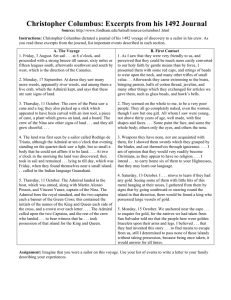
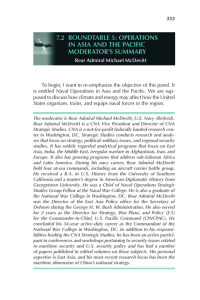
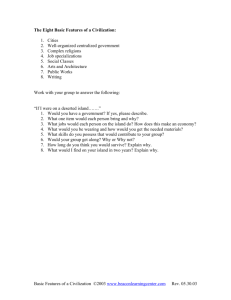

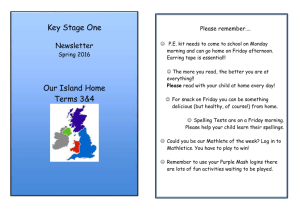
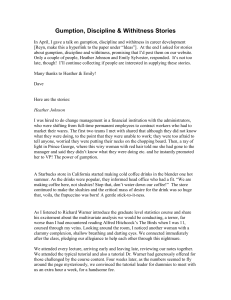

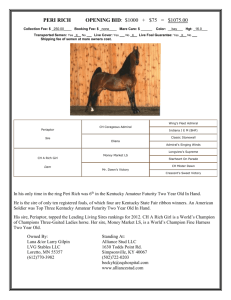
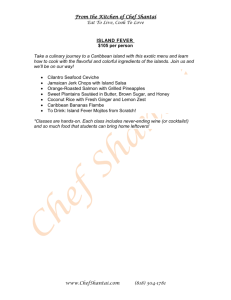
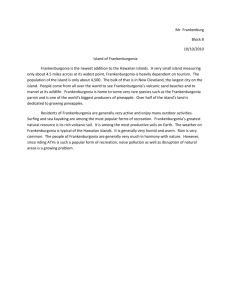
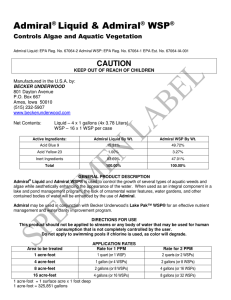
![[Agency] recognizes the hazards of lead](http://s3.studylib.net/store/data/007301017_1-adfa0391c2b089b3fd379ee34c4ce940-300x300.png)